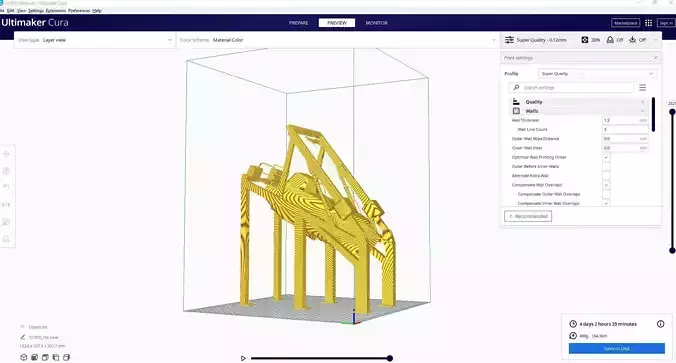1/14
A lifeboat or liferaft is a small, rigid or inflatable boat carried for emergency evacuation in the event of a disaster aboard a ship. Lifeboat drills are required by law on larger commercial ships. Rafts (liferafts) are also used. In the military, a lifeboat may double as a whaleboat, dinghy, or gig. The ship's tenders of cruise ships often double as lifeboats. Recreational sailors usually carry inflatable liferafts, though a few prefer small proactive lifeboats that are harder to sink and can be sailed to safety.
Inflatable lifeboats may be equipped with auto-inflation (carbon dioxide or nitrogen) canisters or mechanical pumps. A quick release and pressure release mechanism is fitted on ships so that the canister or pump automatically inflates the lifeboat, and the lifeboat breaks free of the sinking vessel. Commercial aircraft are also required to carry auto-inflating liferafts in case of an emergency water landing; offshore oil platforms also have liferafts.
Ship-launched lifeboats are lowered from davits on a ship's deck, and are hard to sink in normal circumstances. The cover serves as protection from sun, wind and rain, can be used to collect rainwater, and is normally made of a reflective or fluorescent material that is highly visible. Lifeboats have oars, flares and mirrors for signaling, first aid supplies, and food and water for several days. Some lifeboats are more capably equipped to permit self-rescue, with supplies such as a radio, an engine and sail, heater, navigational equipment, solar water stills, rainwater catchments and fishing equipment.
The International Convention for the Safety of Life at Sea (SOLAS) and the International Life-Saving Appliance Code (LSA) requires certain emergency equipment be carried on each lifeboat and liferaft used on international voyages. Modern lifeboats carry an Emergency Position-Indicating Radio Beacon (EPIRB) and either a radar reflector or Search and Rescue Transponder (SART).
REVIEWS & COMMENTS
accuracy, and usability.














